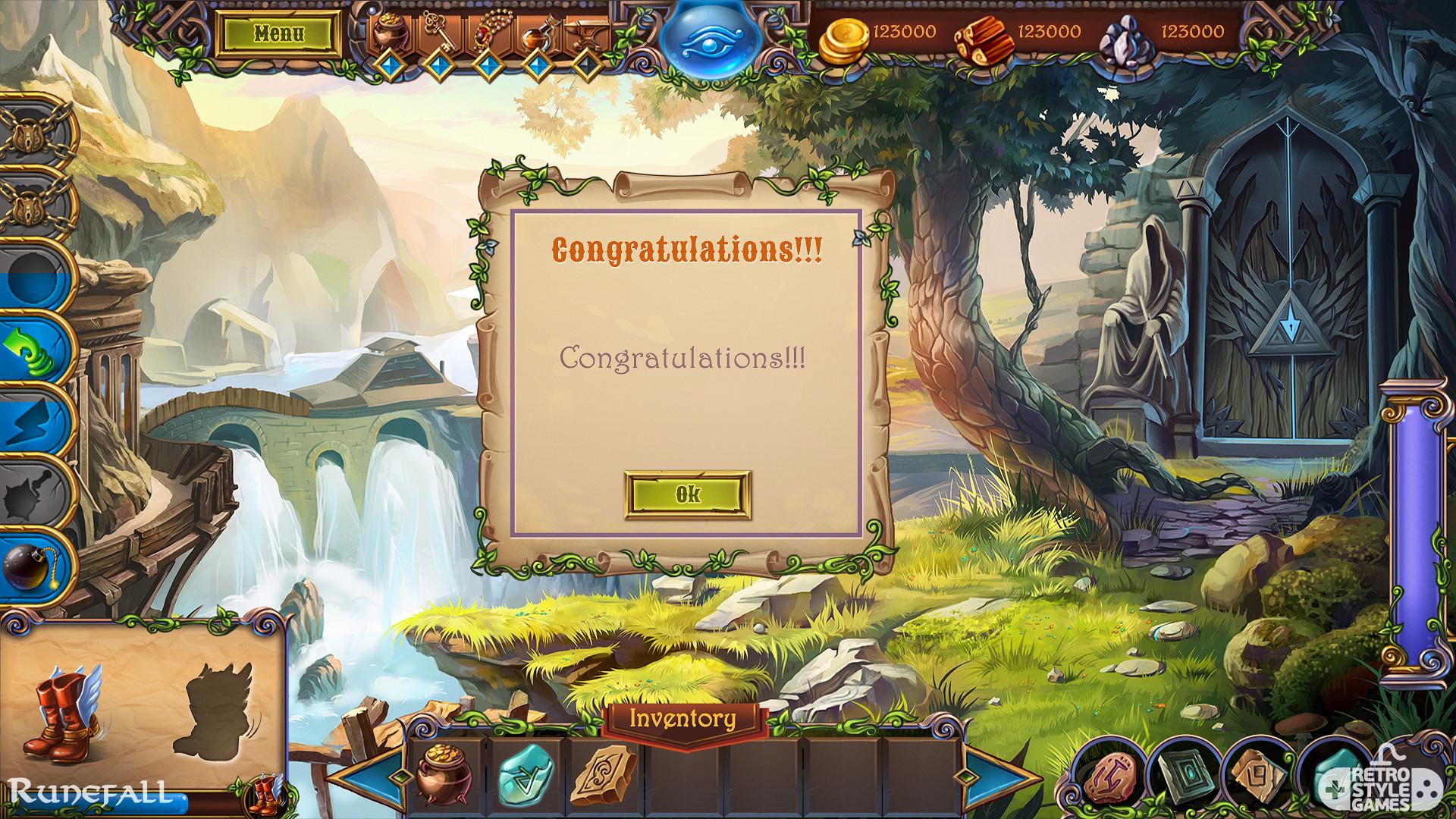How to Create Engaging Game UI & Menus
Designing an engaging game UI and menus is essential to captivate players and enhance their gaming experience. A well-crafted game interface not only improves navigation but also immerses users deeper into the game world. Whether you’re a game developer or a UI/UX designer, understanding how to create interactive, intuitive, and visually appealing game menus can be a game-changer.
The Importance of Engaging Game UI & Menus
The user interface (UI) and menus serve as the communication bridge between the player and the game. Poor UI can frustrate players, causing confusion or disengagement, while a clean and engaging UI can:
- Enhance user experience: Players can navigate seamlessly, focusing on the gameplay rather than struggling with controls or options.
- Increase player retention: Intuitive menus encourage players to explore more features, boosting game longevity.
- Improve accessibility: Clear UI can accommodate diverse players, including those with disabilities.
- Convey game style: The UI reflects the game’s tone, theme, and brand identity.
Core Principles for Designing Engaging Game UI & Menus
1. Prioritize Clarity and Simplicity
Clear, uncluttered menus allow players to quickly find options they need. Avoid overwhelming users with too many choices at once. Use straightforward language and familiar icons.
2. Consistency Is Key
Maintain consistent design elements such as colors, fonts, button styles, and layout. Consistent UI helps players understand how different parts of the game relate to each other.
3. Responsive & Intuitive Navigation
Menus should respond fluidly on all devices and screen sizes. Use logical groupings, breadcrumbs, and clear labels to guide users intuitively through the interface.
4. Visual Hierarchy & Feedback
Use size, contrast, and colors to highlight important options. Provide immediate feedback for user actions, such as button animations or sound effects, to reinforce interaction.
5. Thematic Cohesion
Incorporate UI elements that reflect the game’s theme, whether it’s fantasy, sci-fi, or minimalist. This helps reinforce immersion and establishes a unique identity.
Practical Tips for Creating Engaging Game UI & Menus
- Use Familiar UI Patterns: Familiarity reduces learning curve; implement known patterns like tabbed menus, sliders, and dropdowns.
- Optimize Button Size and Spacing: Buttons should be large enough to tap or click easily, especially on mobile devices.
- Limit Color Palette: Choose a harmonious but limited palette to avoid visual noise and guide player focus.
- Include Tooltips and Help Sections: Provide contextual help to assist players without distracting them.
- Implement Smooth Animations: Subtle transitions enhance polish and engagement but keep them performant.
- Test Across Platforms: Ensure UI and menus work equally well on PC, consoles, and mobile platforms.
- Accessibility Features: Support colorblind modes, scalable UI, and alternative input methods.
Common Elements of Effective Game Menus
| Menu Element | Description | Best Practice |
|---|---|---|
| Main Menu | The entry point offering options like Start, Settings, Quit | Keep it clean; highlight the “Start” or “Continue” button |
| Settings Menu | Allows players to adjust audio, controls, graphics, and gameplay options | Organize by categories; provide real-time previews of changes |
| Pause Menu | Accessed during gameplay to pause, resume, or change settings | Ensure quick access; avoid disruptive layout |
| Inventory & Character Menu | Displays items, stats, and customization options | Use grid layouts; show item previews and stats clearly |
| Map & Quest Logs | Shows player objectives and world navigation | Integrate zoom and filters; keep marker legends concise |
Case Study: How “Hollow Knight” Nails Its UI Design
Hollow Knight, an indie metroidvania, demonstrates exceptional UI design by combining minimalist art with high functionality. The menus are unobtrusive, blending seamlessly into the background while providing clear status indicators and easy navigation. The use of simple icons and concise text helps players stay immersed without distraction. Additionally, the responsive control scheme and well-placed hotkeys make the in-game menus and inventory easy to access on both PC and console.
First-Hand Experience: Tips from a Game UI Designer
As a game UI designer, one critical insight I learned is the importance of player testing early and often. A UI that looks great in theory may confuse players under gameplay conditions. Watching real players navigate menus reveals pain points that might not be obvious in design documents. Another tip is to keep iterations small and measure each change’s impact on player engagement. Using analytics tools to track menu selections and time spent can guide your optimization process successfully.
Benefits of Investing in Quality Game UI & Menus
- Improved Player Satisfaction: A smooth, enjoyable interface increases overall happiness and word-of-mouth promotion.
- Higher Retention Rates: Players are more likely to stick with games that offer intuitive controls and clear options.
- Competitive Advantage: In saturated markets, great UI can differentiate your game and make it memorable.
Final Thoughts
Creating engaging game UI and menus requires a marriage of creativity, user-centric design, and technical know-how. The best game interfaces prioritize clarity, responsiveness, and consistency while maintaining a strong connection to the game’s artistic vision. By following best practices, putting player experience first, and continuously refining your design, you can build game UIs and menus that truly elevate your game and keep players coming back for more.
Start focusing on your game’s UI design today-because the first impression might just be the lasting one!











